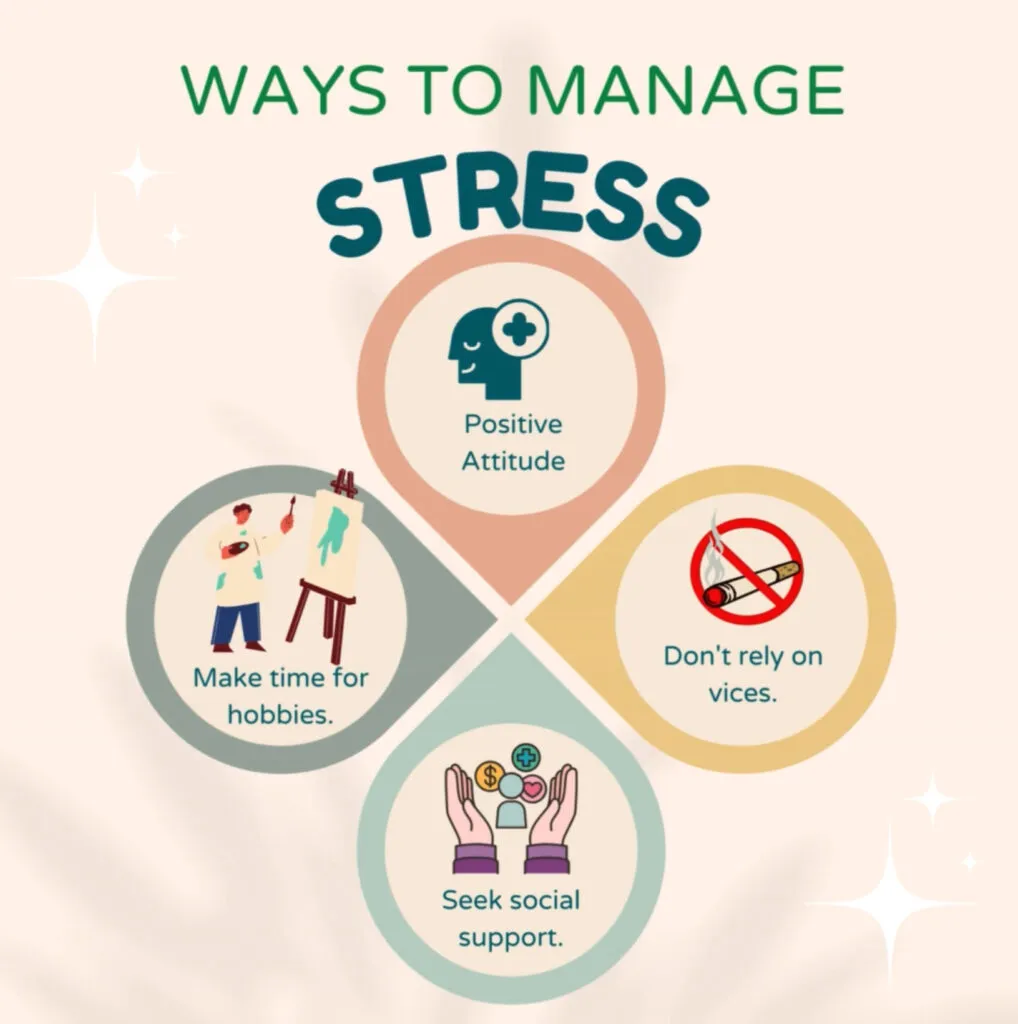In today’s fast-paced world, sleep often becomes an afterthought. Between work, school, family obligations, and the constant pull of digital devices, it’s no surprise that many people struggle to get a good night’s sleep. Poor sleep not only affects your energy levels but also your mood, productivity, and overall health. While medication can be a quick fix, natural remedies are often safer and more sustainable. Here are some simple yet effective natural remedies to help you sleep better and wake up refreshed.
1. Create a Consistent Sleep Schedule
One of the most powerful natural remedies for better sleep is maintaining a consistent sleep schedule. Your body has a built-in circadian rhythm that regulates your sleep-wake cycle. Disrupting this rhythm by going to bed and waking up at different times can lead to poor sleep quality.
How to Do It:
- Go to bed and wake up at the same time every day, even on weekends. This helps train your body to fall asleep and wake up more easily.
- Aim for 7–9 hours of sleep per night, which is the recommended amount for most adults.
Having a regular sleep routine reinforces your body’s natural sleep-wake cycle, making it easier to fall asleep and stay asleep.
2. Try Aromatherapy with Essential Oils
Aromatherapy is a simple and effective way to enhance relaxation before bedtime. Certain essential oils have been shown to improve sleep quality by reducing stress and promoting calmness.
How to Do It:
- Lavender is one of the most popular essential oils for sleep. It has calming properties that help reduce anxiety and promote relaxation. You can use a diffuser to disperse the scent throughout your room or apply a few drops to your pillow or wrists.
- Other beneficial essential oils for sleep include chamomile, bergamot, and sandalwood.
Aromatherapy works by stimulating the olfactory system, which is linked to emotional regulation and relaxation, making it a powerful tool for better sleep.
3. Practice Relaxation Techniques
Stress and anxiety are two of the most common culprits behind sleeplessness. When your mind is racing with worries, it can be difficult to fall asleep. Incorporating relaxation techniques into your bedtime routine can help calm your mind and prepare your body for restful sleep.
How to Do It:
- Deep Breathing: Try deep breathing exercises to activate your parasympathetic nervous system, which helps the body relax. Breathe in deeply through your nose for a count of four, hold for four seconds, and then exhale slowly through your mouth.
- Progressive Muscle Relaxation: This involves tensing and then relaxing each muscle group in your body, starting from your toes and working your way up to your head. This technique helps release physical tension and signals to your brain that it’s time to wind down.
These relaxation techniques help lower your heart rate and reduce the production of stress hormones, making it easier to fall asleep.
4. Limit Caffeine and Alcohol Consumption
Both caffeine and alcohol can interfere with your ability to fall asleep and stay asleep. While caffeine is a stimulant that can keep you awake, alcohol may initially make you feel sleepy but disrupts your sleep cycle later in the night.
How to Do It:
- Avoid caffeine (found in coffee, tea, chocolate, and energy drinks) at least 6 hours before bed.
- Limit alcohol consumption, especially in the evening. While alcohol may help you fall asleep faster, it can disrupt the deeper stages of sleep, leaving you feeling less rested.
By limiting caffeine and alcohol, you can help regulate your sleep patterns and ensure that your body gets the deep rest it needs.
5. Create a Sleep-Friendly Environment
Your bedroom environment plays a significant role in the quality of your sleep. A cool, quiet, and dark room can help promote better sleep, while excessive light, noise, or warmth can hinder it.
How to Do It:
- Optimize room temperature: Keep your bedroom cool (around 60–67°F or 15–20°C) to encourage restful sleep.
- Use blackout curtains to block out any light from outside, including streetlights or early morning sunlight.
- Reduce noise by using earplugs or a white noise machine to drown out disturbances from the environment.
Creating a sleep-friendly environment allows your body to relax and settle into a deep sleep without unnecessary distractions.
6. Incorporate Herbal Teas into Your Routine
Certain herbal teas have been used for centuries as natural remedies to promote better sleep. These teas contain compounds that can help relax your mind and body, making it easier to drift off.
How to Do It:
- Chamomile tea is one of the most well-known herbal teas for sleep. It contains an antioxidant called apigenin, which has sedative effects that help calm the nervous system.
- Valerian root tea is another effective remedy. Valerian is often used as a natural sleep aid due to its ability to promote relaxation and reduce anxiety.
- Lemon balm tea is a mild sedative that has been shown to reduce anxiety and improve sleep quality.
Drinking a warm cup of herbal tea before bed can create a calming bedtime ritual that signals to your body that it’s time to wind down.
7. Exercise Regularly (But Not Right Before Bed)
Regular physical activity has been shown to improve sleep quality by promoting relaxation and reducing stress. However, it’s important to time your workouts correctly to avoid interfering with your sleep.
How to Do It:
- Exercise during the day to help regulate your body’s circadian rhythm and promote deep sleep. Aim for at least 30 minutes of moderate exercise most days of the week.
- Avoid intense workouts close to bedtime, as they can increase adrenaline levels and make it harder to relax before sleep.
By incorporating regular exercise into your routine, you can improve both the quality and duration of your sleep.
8. Consider Magnesium Supplements
Magnesium is an essential mineral that plays a crucial role in the body’s ability to relax and regulate sleep. Studies have shown that magnesium deficiency can contribute to sleep problems, such as insomnia.
How to Do It:
- Consider taking a magnesium supplement if you suspect a deficiency or if you have trouble sleeping. Magnesium glycinate and magnesium citrate are two highly absorbable forms of magnesium that can help with relaxation and sleep.
- Alternatively, you can increase your magnesium intake by eating magnesium-rich foods like leafy greens, nuts, seeds, and whole grains.
Magnesium helps relax muscles and calm the nervous system, making it easier to fall asleep and stay asleep throughout the night.
9. Avoid Large Meals Before Bed
Eating large or heavy meals right before bed can make it difficult for your body to relax and prepare for sleep. The digestive process can cause discomfort, leading to restless nights.
How to Do It:
- Avoid large meals at least 2–3 hours before going to bed. If you’re hungry, opt for a light snack that is easy to digest, such as a banana or a handful of almonds.
- Avoid spicy or fatty foods, which can lead to indigestion and disrupt your sleep.
By allowing your digestive system time to settle before bed, you can improve your chances of a restful night’s sleep.
Conclusion
Sleep is essential for maintaining good health and well-being, but many people struggle to get the restful sleep they need. By incorporating natural remedies such as creating a consistent sleep schedule, practicing relaxation techniques, and optimizing your sleep environment, you can improve your sleep quality without relying on medication. Remember, consistency is key when it comes to sleep habits. Give these natural remedies a try, and soon you’ll be on your way to enjoying deeper, more restful nights of sleep.




